News + Media
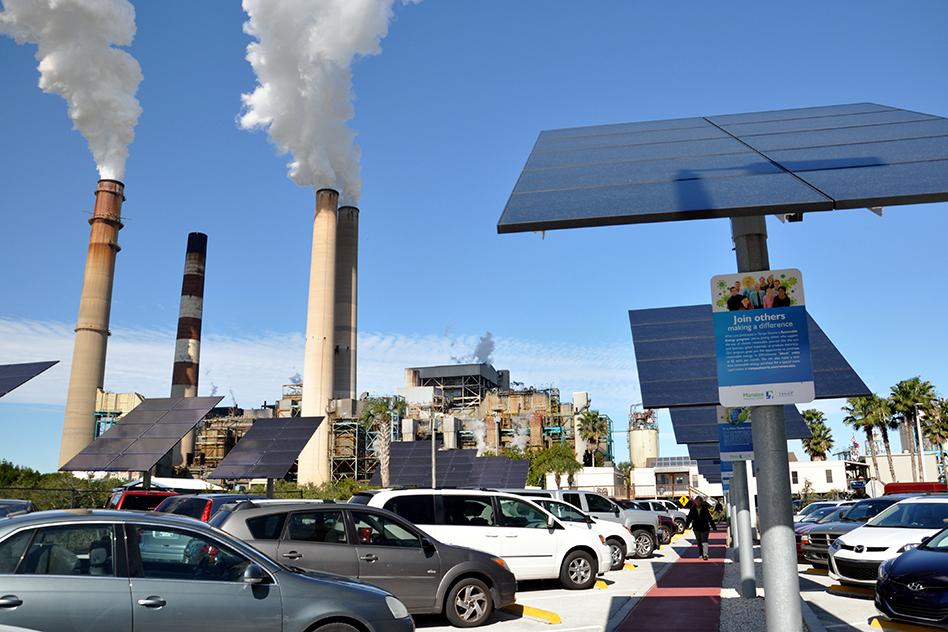
In The Conversation, MIT Joint Program Research Scientist Jennifer Morris makes an economic case for why U.S. electricity providers should increase their investments in non-carbon power sources. Additional coverage: Salon
When utility executives make decisions about building new power plants, a lot rides on their choices. Depending on their size and type, new generating facilities cost hundreds of millions or even billions of dollars. They typically will run for 40 or more years – 10 U.S. presidential terms. Much...
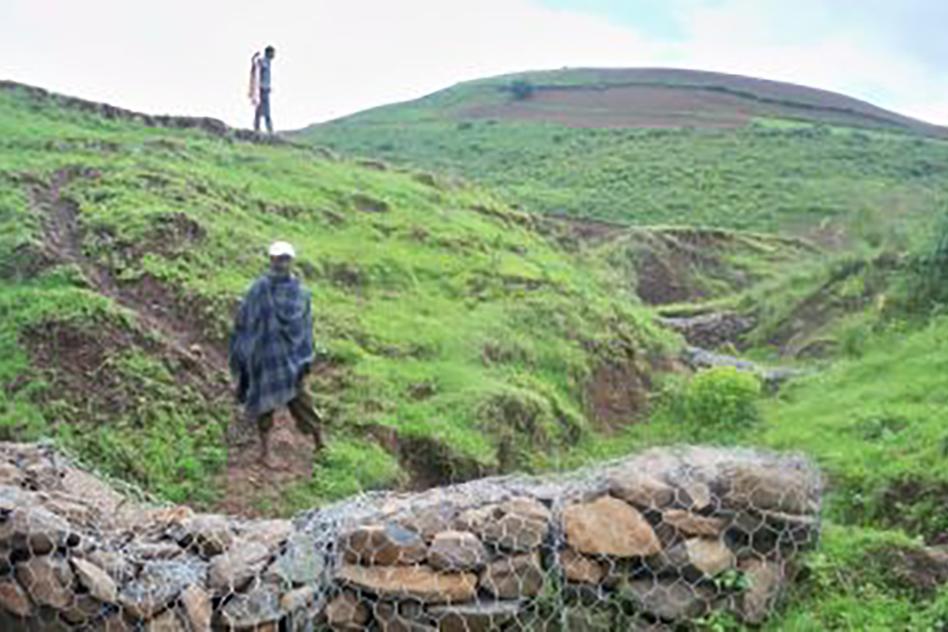
Only if the government provides subsidies to farmers who invest in the practice, suggests study co-authored by MIT Joint Program Research Scientist Kenneth Strzepek
IFPRI RESEARCH BLOG
Will sustainable land management mitigate Ethiopia’s land degradation challenges?AUGUST 9, 2017
BY EMILY SCHMIDT
Simons Foundation supports enhanced computer infrastructure for MIT's Darwin Project, which focuses on marine microbes and microbial communities that impact the ocean's food web and global carbon cycle
Helen Hill | EAPS August 4, 2017
Microbes mediate the global marine cycles of elements, modulating atmospheric carbon dioxide and helping to maintain the oxygen we all breathe, yet there is much about them scientists still don’t understand. Now, an award from the Simons Foundation will...

Various studies suggest the problem of rising temperatures is growing. Joint Program Co-Director John Reilly and CEEPR Deputy Director Michael Mehling comment in US News & World Report.
Christine Huang, Contributor | US News & World Report
As new reports indicate that Earth's temperature will likely increase by two degrees Celsius by the end of the century, scientist and economists are once again urging the government to take immediate action to avoid the most...
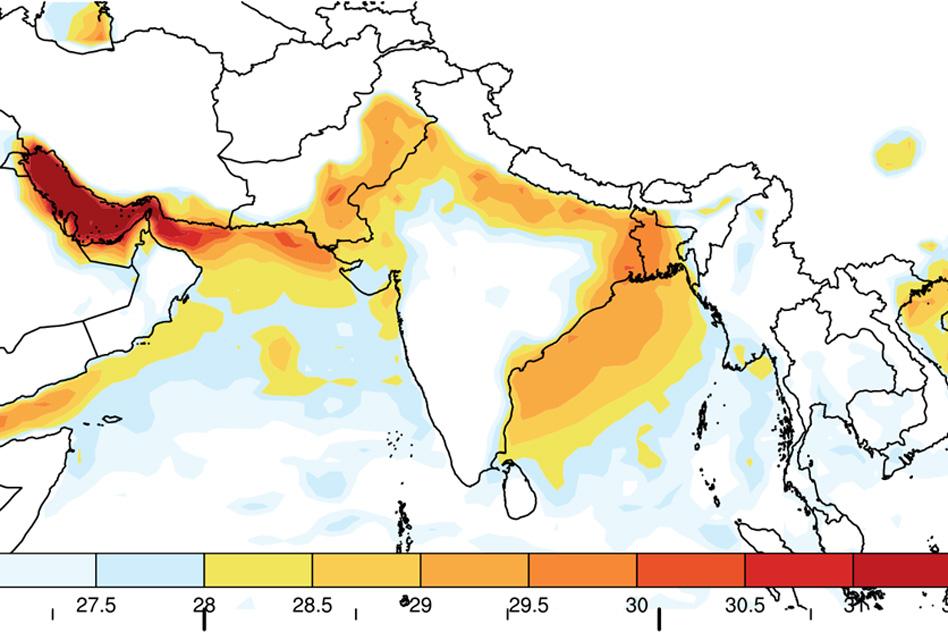
Without action, climate change could devastate a region home to one-fifth of humanity, study finds
IDavid L. Chandler | MIT News Office August 2, 2017
n South Asia, a region of deep poverty where one-fifth of the world’s people live, new research suggests that by the end of this century climate change could lead to summer heat waves with levels of heat and humidity that exceed what...
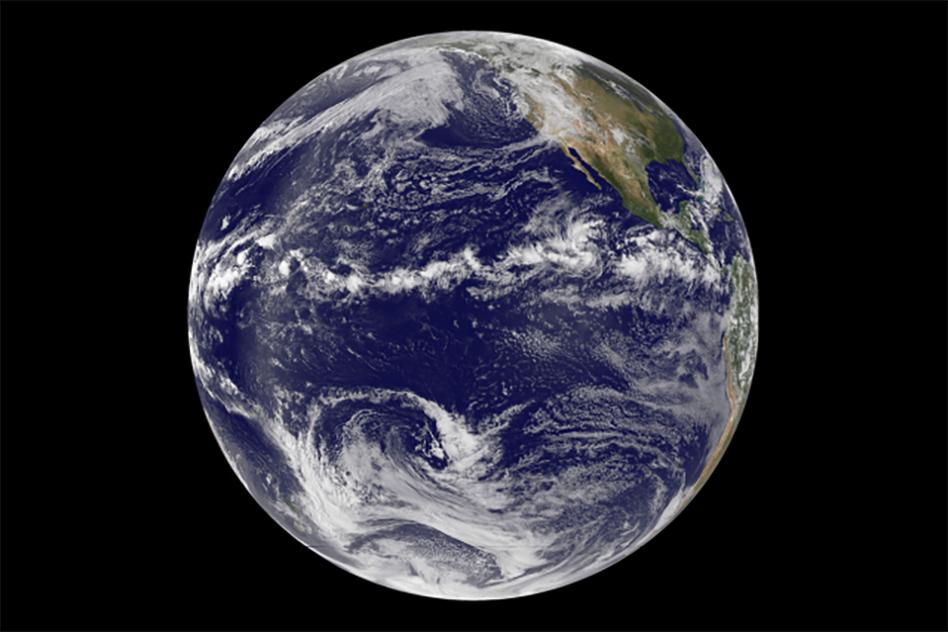
Study finds ocean circulation, coupled with trade wind changes, efficiently limits shifting of tropical rainfall patterns
Lauren Hinkel | Oceans at MIT July 28, 2017

An MIT study published today in Nature Climate Change finds that the Indian summer monsoons, which bring rainfall to the country each year between June and September, have strengthened in the last 15 years over north central India.
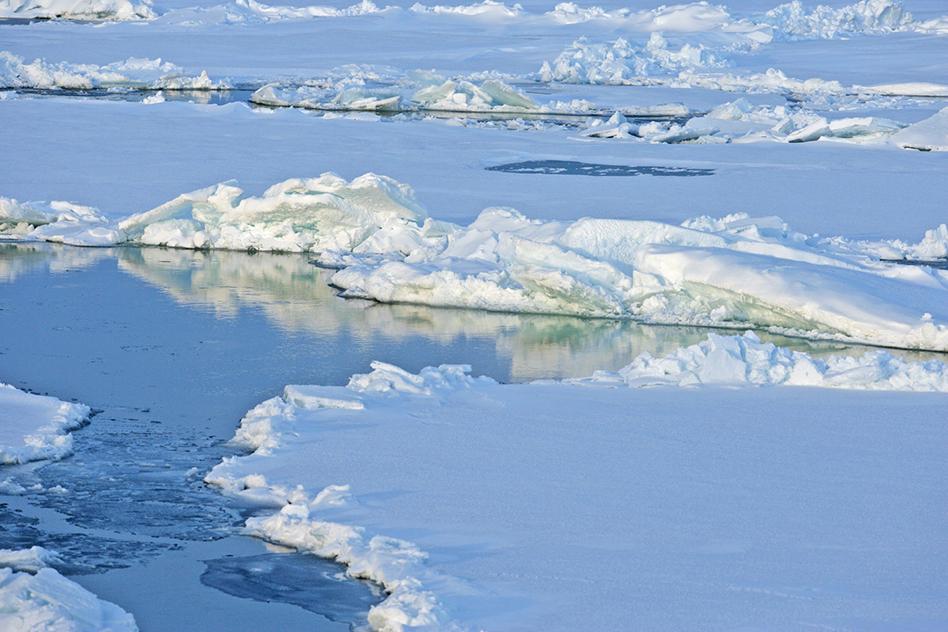
Spanning Eastern Europe, Scandinavia, the former Soviet Union and Northern China, Northern Eurasia is a bellwether for the future of climate change. Having undergone the fastest rate of climate change in the human-populated world in the past few decades, the region has endured dramatic natural...

MIT Joint Program-affiliated professor of atmospheric chemistry honored for her contributions to atmospheric science
Helen Hill | EAPS July 18, 2017
Susan Solomon, the Lee and Geraldine Martin Professor of Environmental Studies at MIT, has been awarded the UK Royal Society’s prestigious Bakerian Medal.
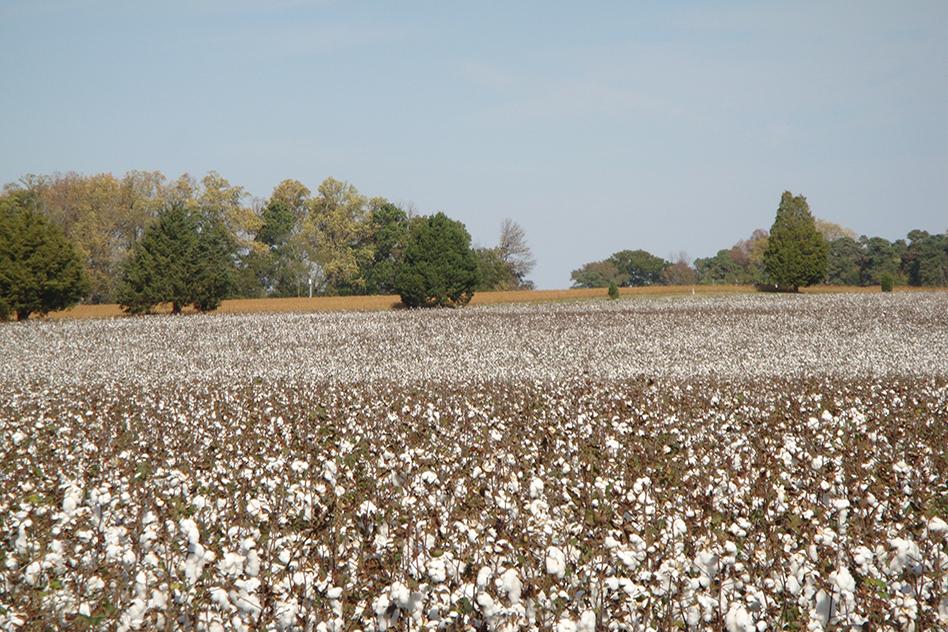
Boston Globe: Study is one of the first to examine how the warming climate could affect the availability and distribution of the water basins that farmers depend on for irrigation (Additional coverage: KJZZ, Environmental Leader)
By Alyssa Meyers
Climate change could deplete some US water basins and dramatically reduce crop yields in some areas by 2050, according to researchers at the Massachusetts Institute of Technology.
A study by a group of MIT scientists and economists is one of the first to examine...

